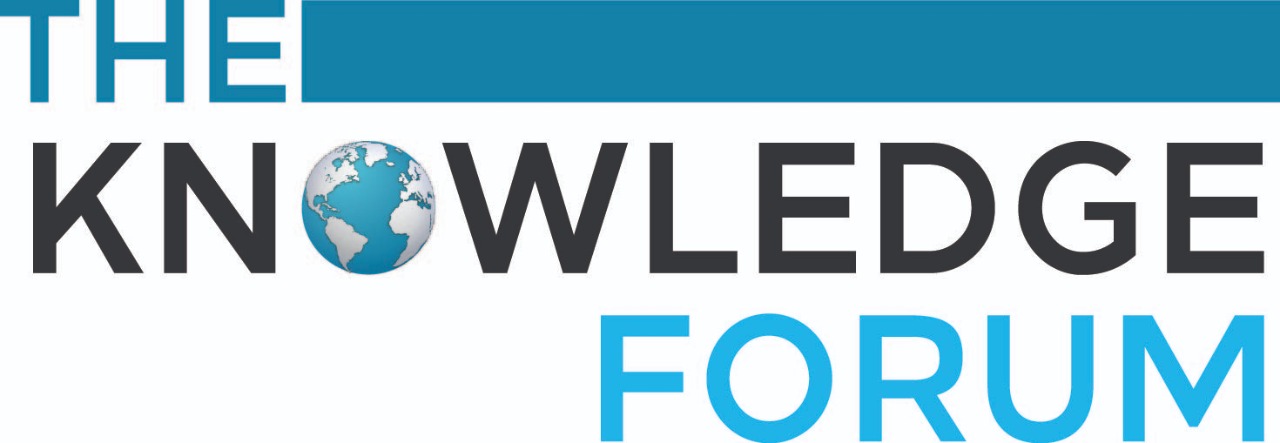Pakistan Bulletin
An up-to-date and informed analyses of key issues of Pakistan.
Pakistan’s 4th UPR: Labour Issues & Implementation of Recommendations
January 2024
On the first anniversary of Pakistan’s fourth review, this article quickly enumerates the 2023 UPR’s labour-related recommendation and the status of their implementation.
Workers’ rights in Pakistan represent a key human rights area with diverse challenges.
Out of the 16 labour-related recommendations in the 2023 UPR, five (by Paraguay, Niger, Senegal, Togo, Burkina Faso and Côte d’Ivoire) exclusively or partly called for ratification of the International Convention on the Protection of the Rights of All Migrant Workers and Members of Their Families.
Any concrete “further steps” urged by Bulgaria for women’s empowerment by “ensuring access to education, professional realization in the labour market…” as well as enforcement of “the principle of equal pay for work of equal value”, sought by Romania, remained elusive a year after the fourth review. Somalia’s counsel for efforts to fight unemployment among women did not translate into any specific efforts.
When a new political dispensation emerges in 2024, civil society would do well to make better use of the opportunity that the UPR recommendations offer.
When a new political dispensation emerges in 2024, civil society would do well to make better use of the opportunity that the UPR recommendations, and the process on the whole offers. Ongoing efforts to benefit from the process can only help further the human rights agenda of CSOs.
Najam U Din
Author
Najam U Din is a lawyer and researcher with expertise on human rights.

Get the latest news and updates from our team
